
Ted Galen Carpenter, Senior Fellow, Randolph Bourne Institute
Oct 12, 2016
Ted Galen Carpenter discusses the tensions between the U.S., China, and other Asian nations involved in the South China Sea dispute. The U.S. military policy and support initiatives regarding the Philippines, South Korea, and Vietnam are outlined, and Carpenter explains the negative effect this may have with Chinese relations. While the regional activity does appear to be balancing behavior, it also indicates that littoral states are uneasy of Beijing’ conduct in the South China Seas.
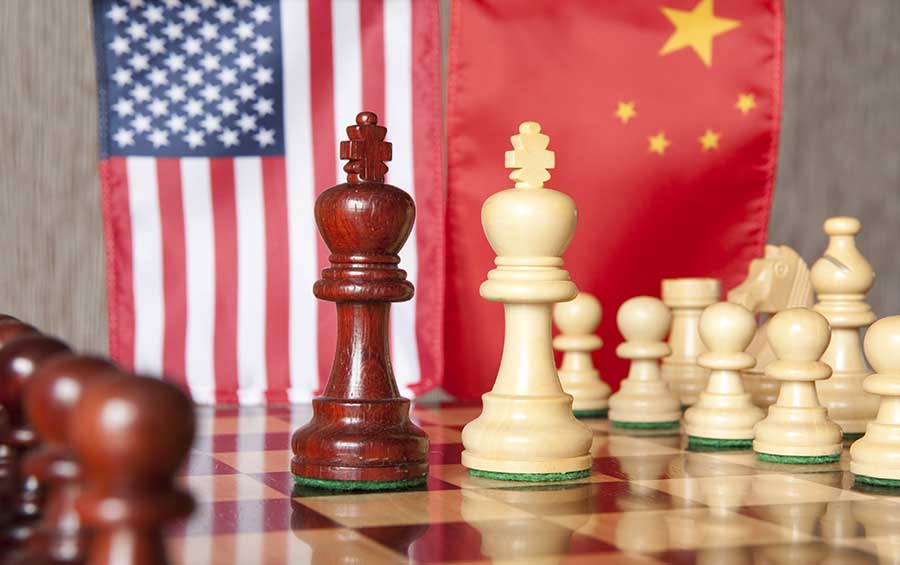
Yuan Peng, Vice President, Chinese Institute of Contemporary International Relations
Oct 11, 2016
Evolving circumstances mean that new approaches are essential to maintain the momentum that ties between the two countries have enjoyed for 30 years. If Beijing and Washington can chart a new course forward and institute workable frameworks, then the relationship may well be on track to scale new heights.
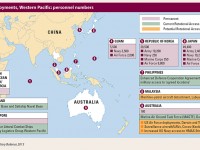
Ted Galen Carpenter, Senior Fellow, Randolph Bourne Institute
Jun 21, 2016
Washington’s efforts to strengthen bilateral security alliances with East Asia and Pacific nations give credence to China’s suspicions of a containment policy directed against China’s growing economic and military capabilities. However, China may be looking to Latin America to offset U.S. attempts for primacy in Asia.
May 23, 2016
President Obama said at a news conference on Monday in the Vietnamese capital that the United States had agreed to lift completely its embargo on lethal weapons sales.
Wu Sike, Member on Foreign Affairs Committee, CPPCC
May 12, 2016
The US strategy ignores the legitimate desire of most countries for peace and development and upsets the natural balance in the region. If Washington insists on playing the role of “regional balancer” under a misguided Cold War mentality, it would achieve nothing but create imbalance and walk right into the “hegemon’s trap” despite repeated historical lessons.
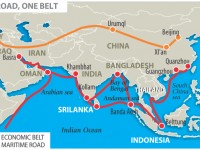
Lucio Blanco Pitlo III, President of Philippine Association for Chinese Studies, and Research Fellow at Asia-Pacific Pathways to Progress Foundation
Apr 19, 2016
Lucio Blanco Pitlo III compares China's One Belt, One Road (OBOR) initiative with the U.S.'s Rebalance to Asia, ultimately advising that for the U.S. to be seen as not reacting to China's growing regional influence, it would need a better appreciation of the security needs, growing aspirations, and economic demands of rising powers.
Zhao Weibin, Researcher, PLA Academy of Military Science
Aug 21, 2015
The view of mainstream Americans about China is the key to formulating any US grand strategy toward Beijing. Today, while some domestic politics has negative effects, we need more dialogues to enhance transparency and control third-party factors with prudent management and precaution.
Ted Galen Carpenter, Senior Fellow, Randolph Bourne Institute
Jul 27, 2015
American hawks who regard China as an implacable geopolitical adversary exhibit an unhealthy foreign policy perspective. But U.S. leaders and the American public also need to be careful not to lean too far in the other direction—toward an appeasement policy toward Beijing.
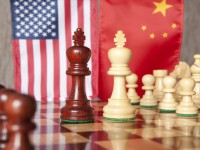
Fu Ying, Founding Chair of Center for International Security and Strategy, Tsinghua University; China's former Vice Minister of Foreign Affairs
Jun 10, 2015
While Washington has mixed feelings toward China’s rising international status, many American scholars see no convincing reasons for the United States not to support or participate in China’s initiatives like the modern Silk Road and the Asian Infrastructure Investment Bank. That’s a good omen for the concept of “a new type of major country relations,” as proposed by Chinese President Xi Jinping, to avoid confrontation between big powers and to blaze a new trail of mutually beneficial cooperation.
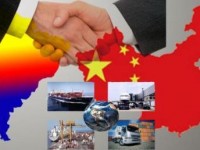
Ted Galen Carpenter, Senior Fellow, Randolph Bourne Institute
Jun 08, 2015
With good reason, Chinese leaders wonder whether the pivot to Asia is the initial stage of a containment policy directed against their country. Similarly, U.S. officials are likely to become concerned about China’s attention and investment in Latin America, not helped by suspicions about China’s intentions in the South China Sea.
Back to Top

- China-US Focus builds trust and understanding between the U.S. and China through open dialogue among thought leaders.
- Our Offerings
- Topics
- Videos
- Podcasts
- Columnists
- Research Reports
- Focus Digest
- Stay Connected
-
Thanks for signing up!
- Get the latest stories from China-US Focus weekly.